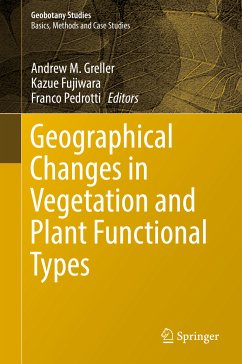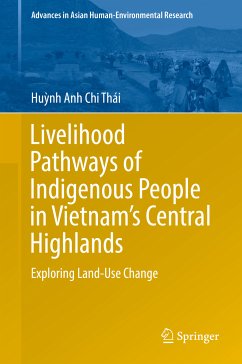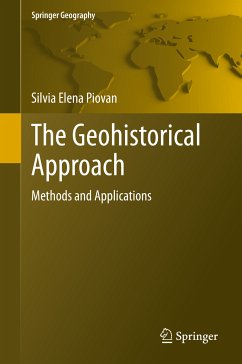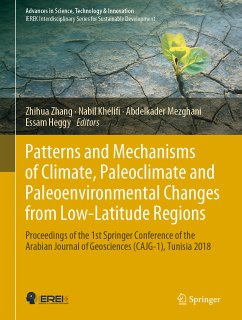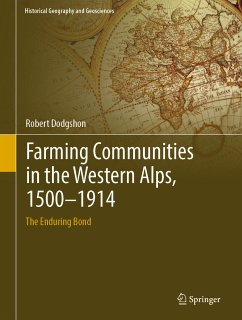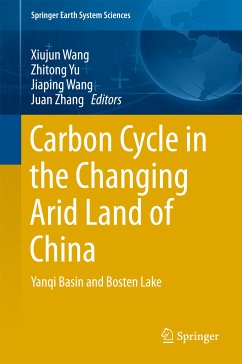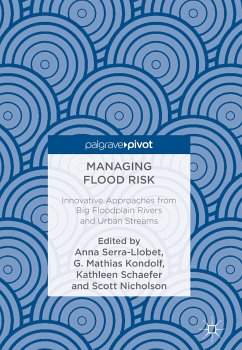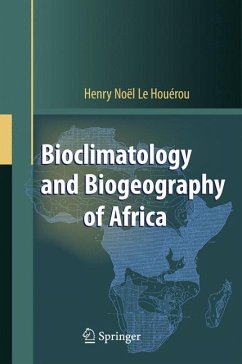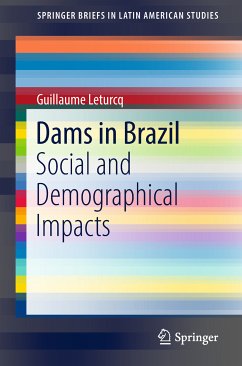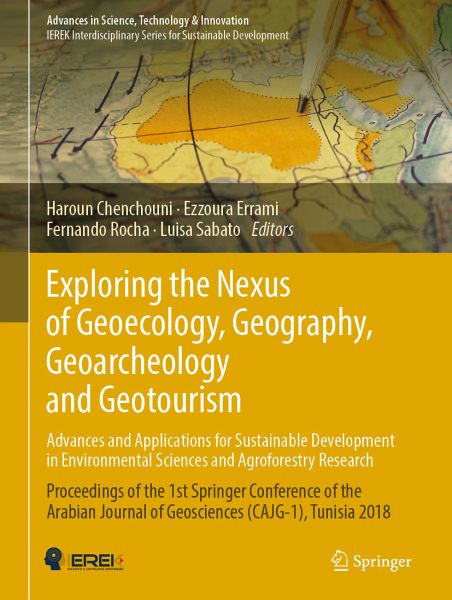
Exploring the Nexus of Geoecology, Geography, Geoarcheology and Geotourism: Advances and Applications for Sustainable Development in Environmental Sciences and Agroforestry Research (eBook, PDF)
Proceedings of the 1st Springer Conference of the Arabian Journal of Geosciences (CAJG-1), Tunisia 2018
Redaktion: Chenchouni, Haroun; Sabato, Luisa; Rocha, Fernando; Errami, Ezzoura

PAYBACK Punkte
56 °P sammeln!
This edited volume is based on the best papers accepted for presentation during the 1st Springer Conference of the Arabian Journal of Geosciences (CAJG-1), Tunisia 2018. The book is of interest to all researchers in the fields of Environmental Sciences, Geoecology, Agroforestry, Geography, Geoarcheology and Geotourism. The Mediterranean Basin, Middle East and surrounding regions are ecologically unique due to large differences in climatic, geographical, and geological features, which grant countries of these regions with significant socio-economic potentials in terms of fertile agricultural la...
This edited volume is based on the best papers accepted for presentation during the 1st Springer Conference of the Arabian Journal of Geosciences (CAJG-1), Tunisia 2018. The book is of interest to all researchers in the fields of Environmental Sciences, Geoecology, Agroforestry, Geography, Geoarcheology and Geotourism.
The Mediterranean Basin, Middle East and surrounding regions are ecologically unique due to large differences in climatic, geographical, and geological features, which grant countries of these regions with significant socio-economic potentials in terms of fertile agricultural lands, rich natural resources, and the existence of strategic resources such as crude oil and natural gas. However, the valuation of ecosystem functions, goods and services of natural and cultural heritages and bioressources of these regions is still little known.
This volume offers an overview of the latest information and ideas on the physical environment of these regions, assessment and monitoring of natural bioressources including flora and fauna, and the use of cutting-edge methods for the development of sustainable agricultural systems. It gives also new socio-economic insights on geotourism and archaeology.
Main topics include:
1. Environmental Assessment and Monitoring of Agrisilvicultural Systems
2. Environmental Impacts and Restoration Ecology of Natural and Agricultural Habitats
3. Investigations and Applications in Environmental Biotechnology
4. Spatiotemporal Patterns of Marine Biodiversity and Terrestrial Paleobiodiversity
5. Socio-economics of Geotourism and Archaeology
Dieser Download kann aus rechtlichen Gründen nur mit Rechnungsadresse in A, B, BG, CY, CZ, D, DK, EW, E, FIN, F, GR, HR, H, IRL, I, LT, L, LR, M, NL, PL, P, R, S, SLO, SK ausgeliefert werden.



